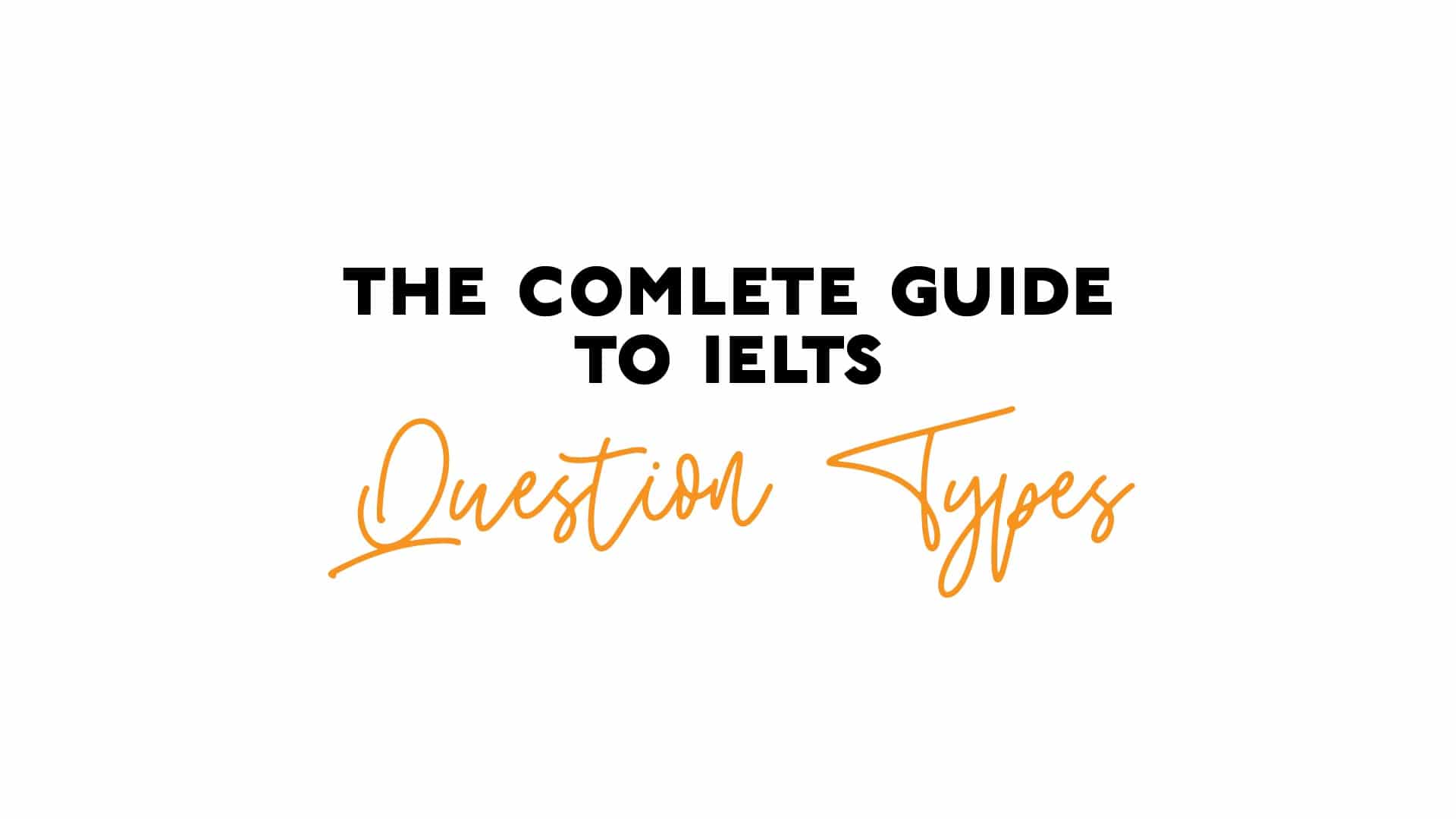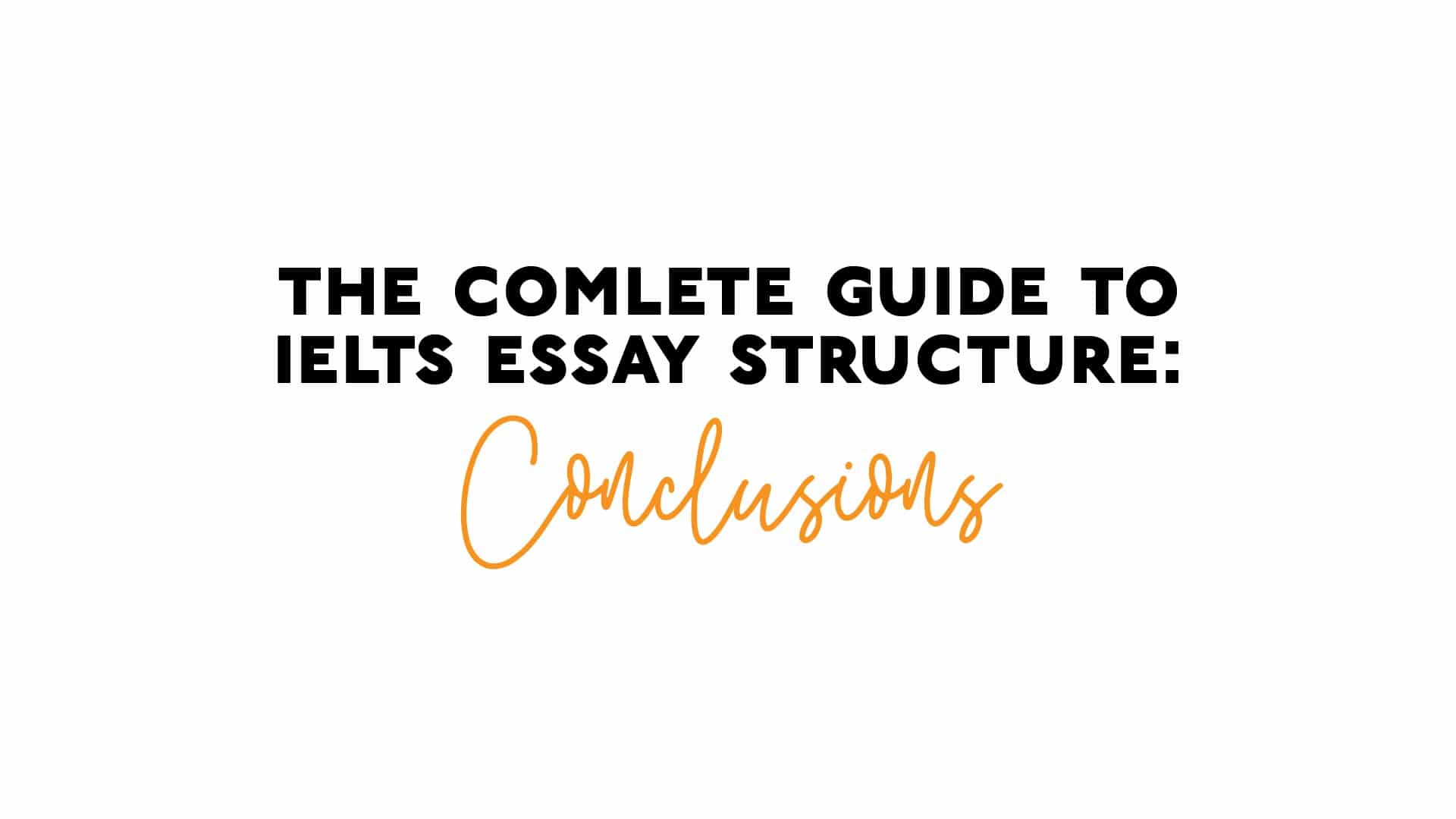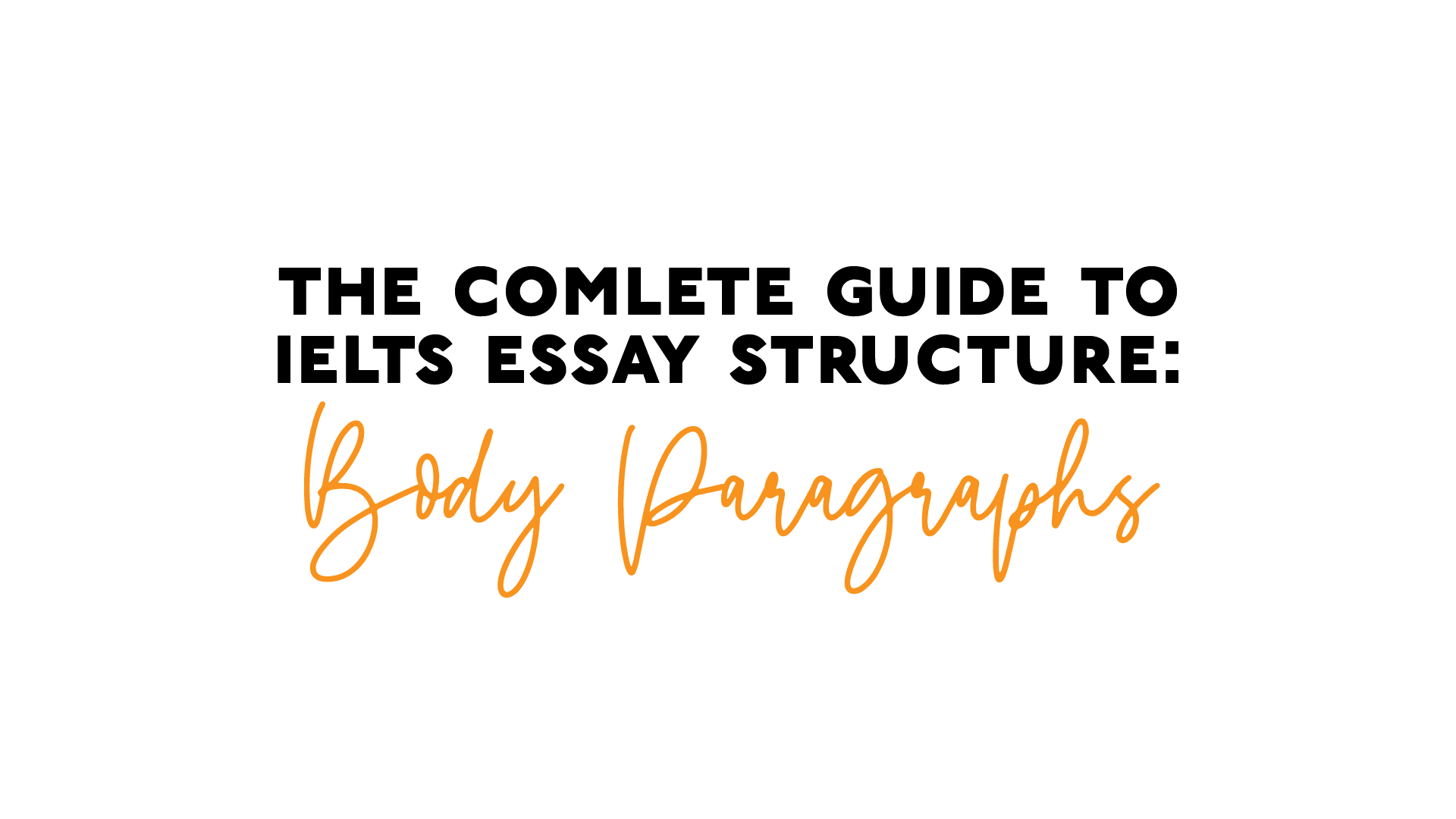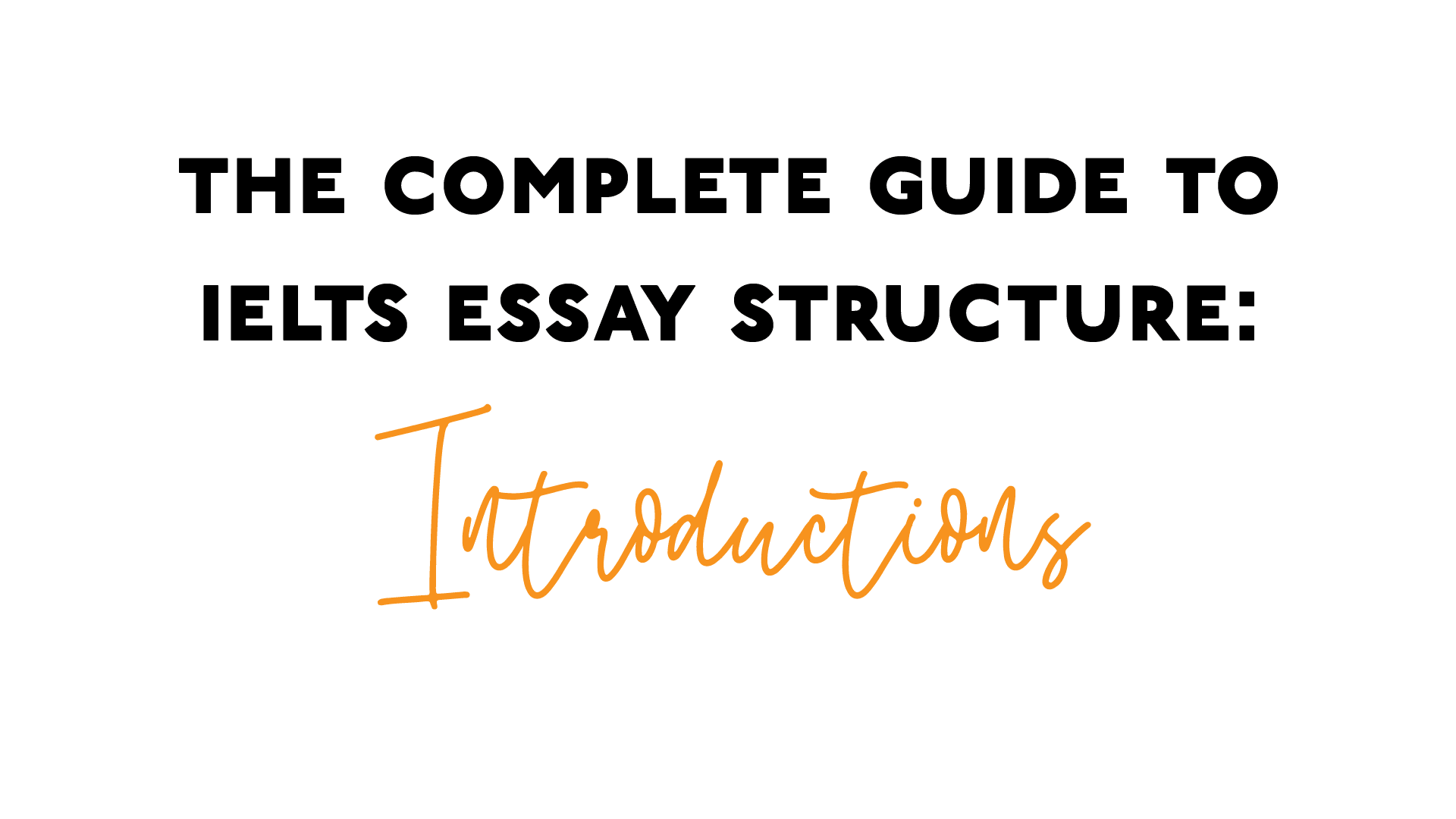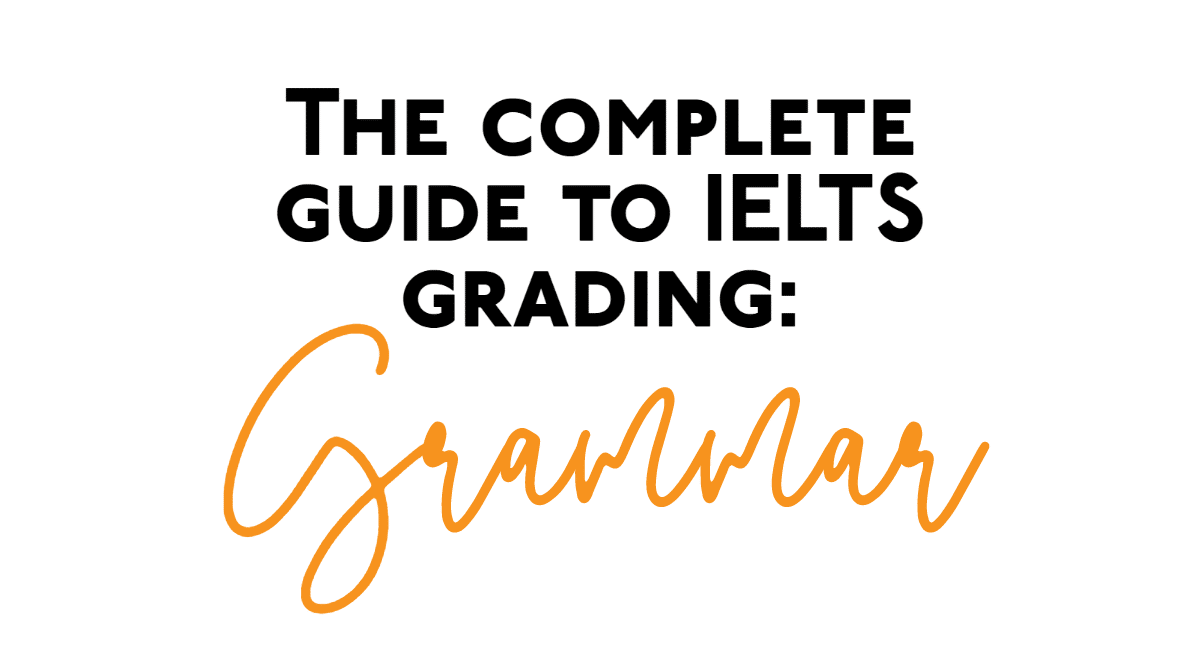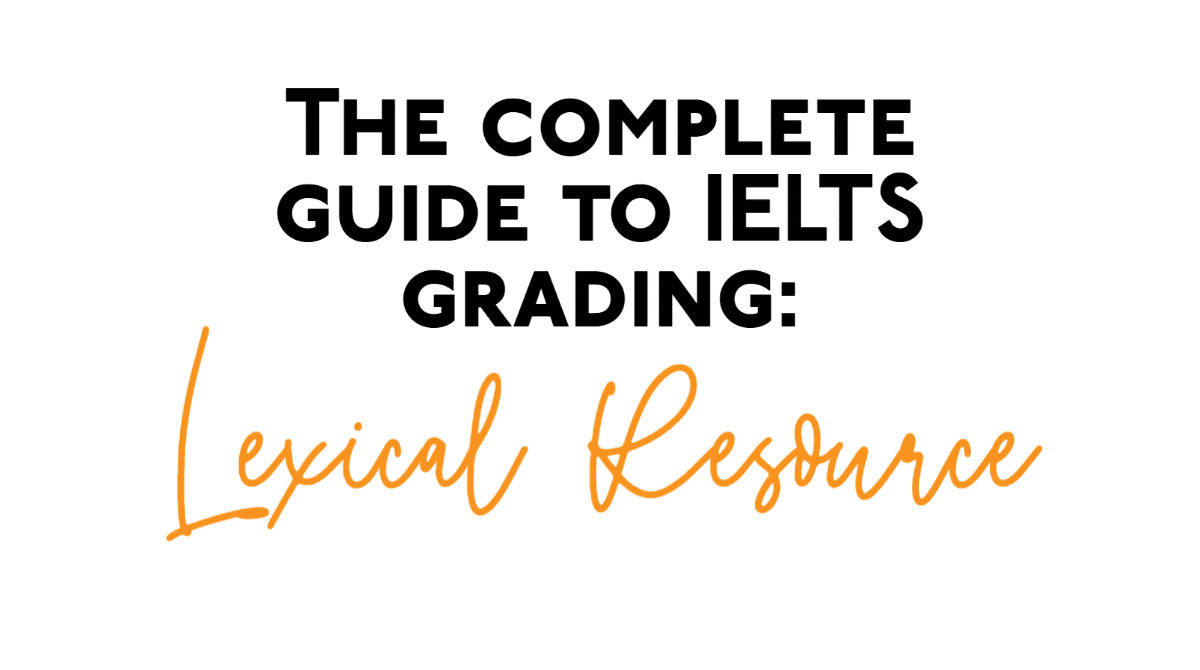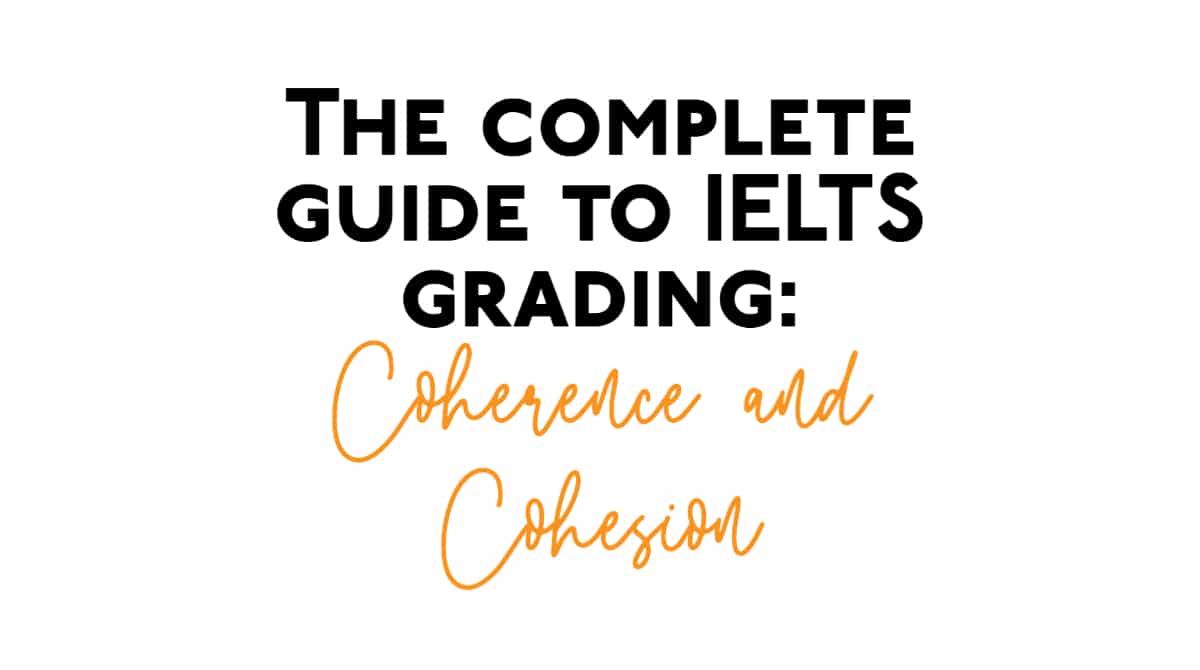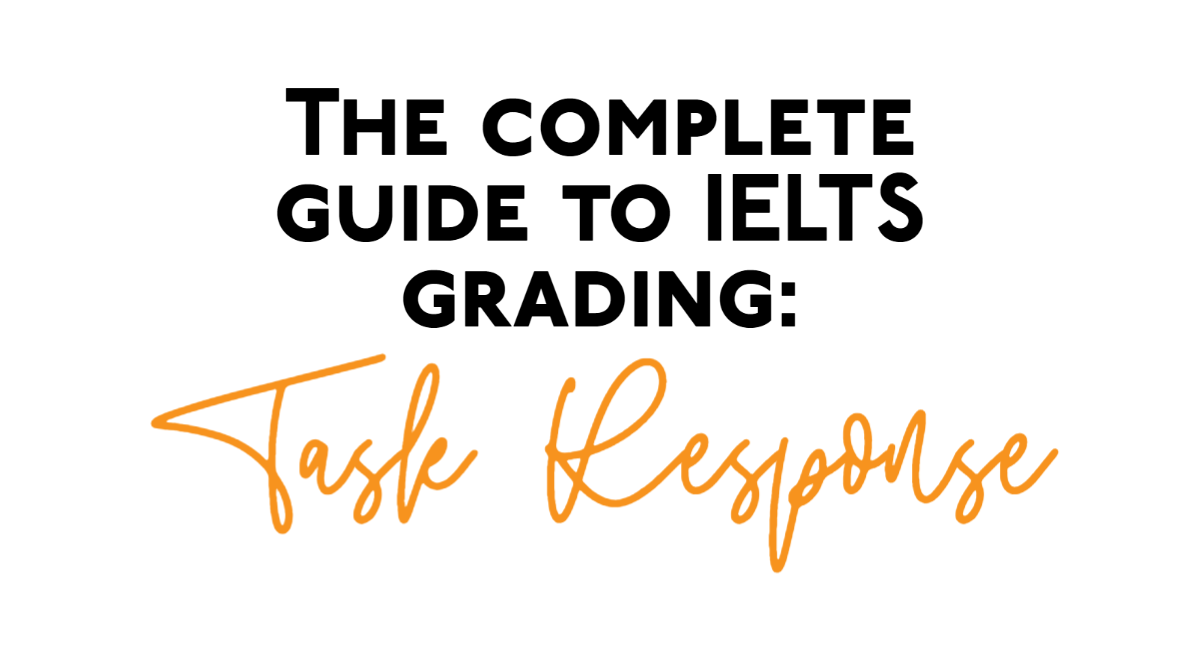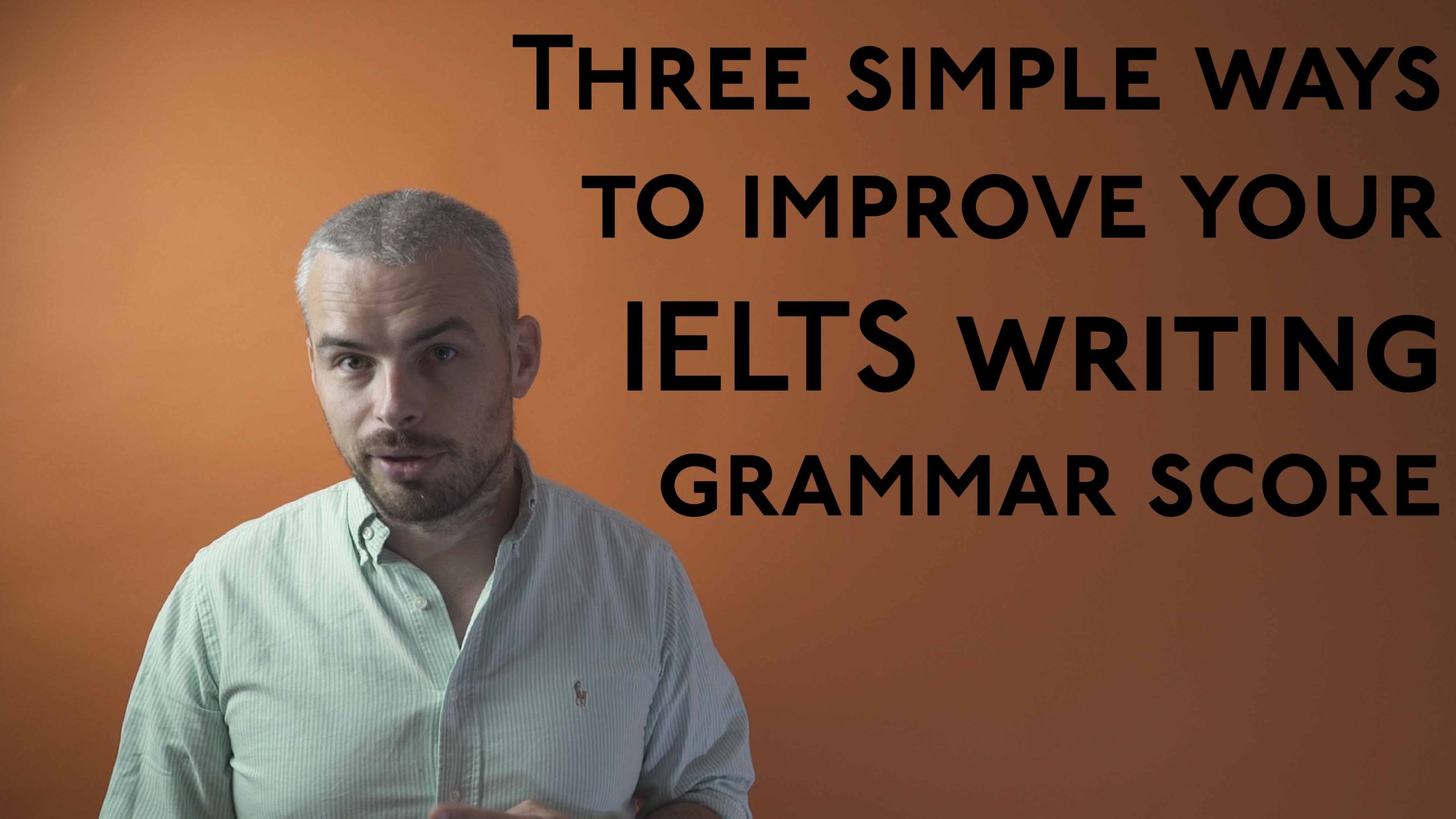Learn English with podcasts: Americans in Paris
In this article, we’ll be learning English with This American Life, one of the most popular podcasts in the world. This episode features a tour of Paris with David Sedaris, a writer who used to live there. However, unlike most visitors to Paris, he isn’t interested in tourist sites. By listening along to this video, you can practice your English with authentic materials as well as learning about what it’s like to live in another country.

